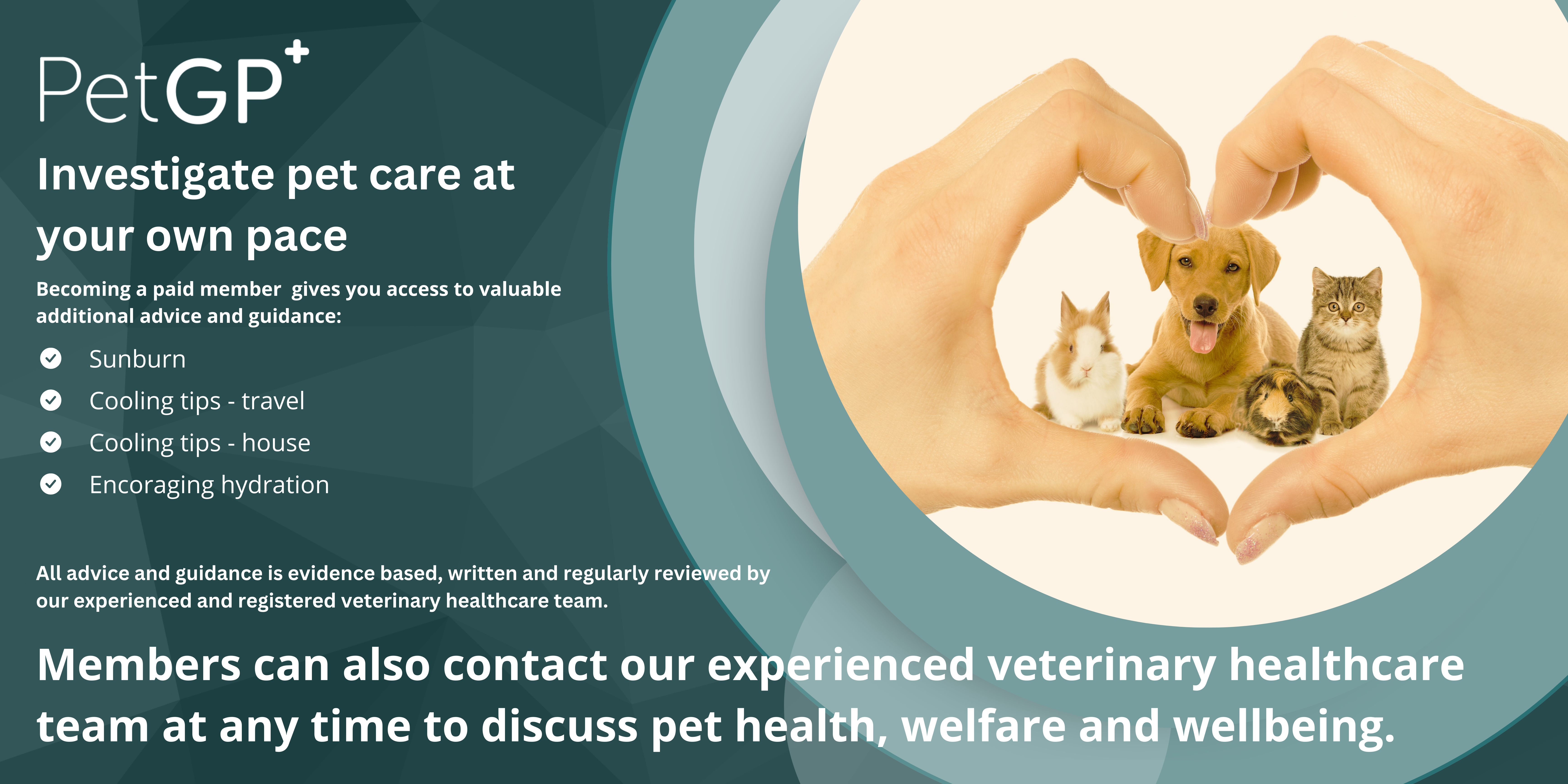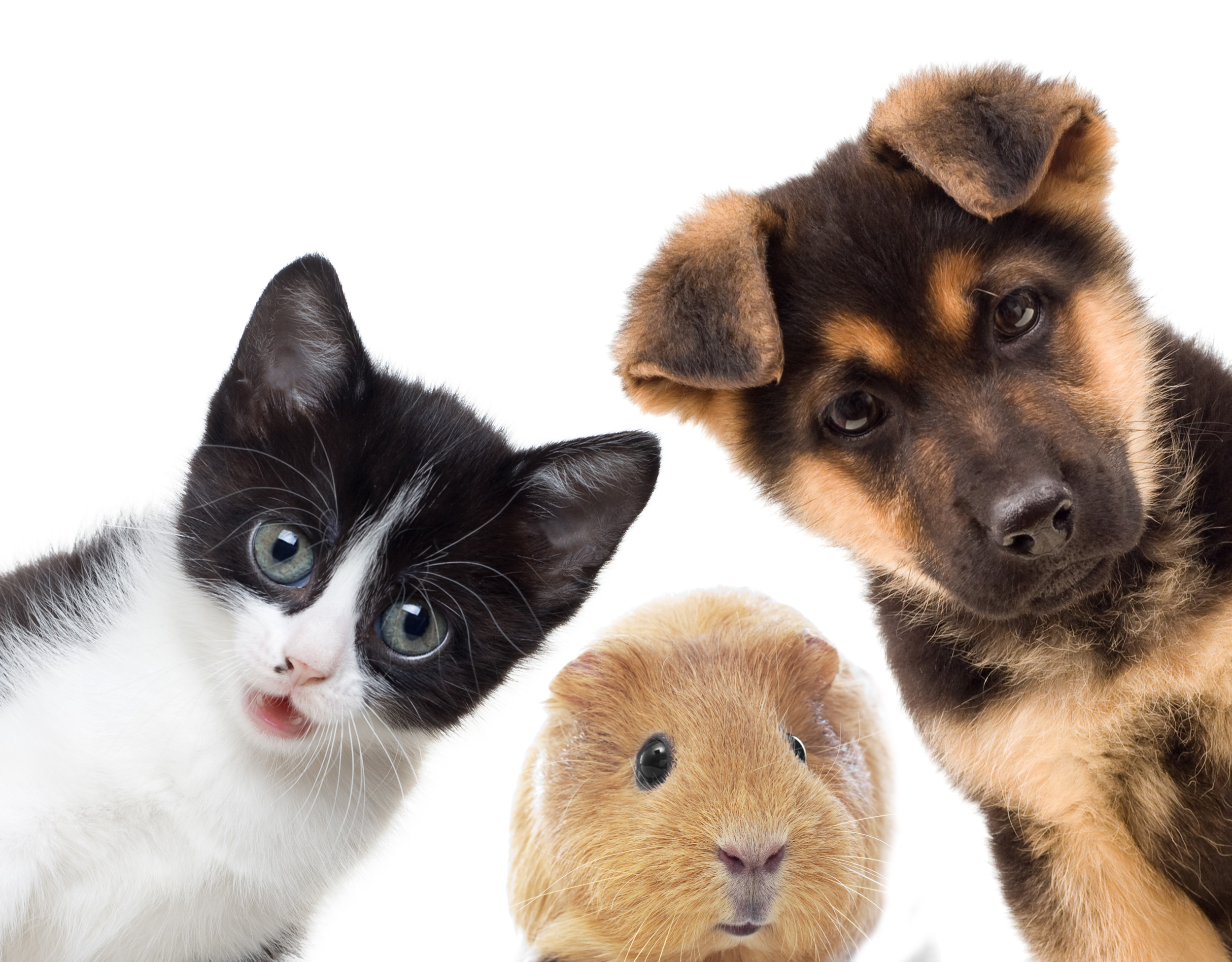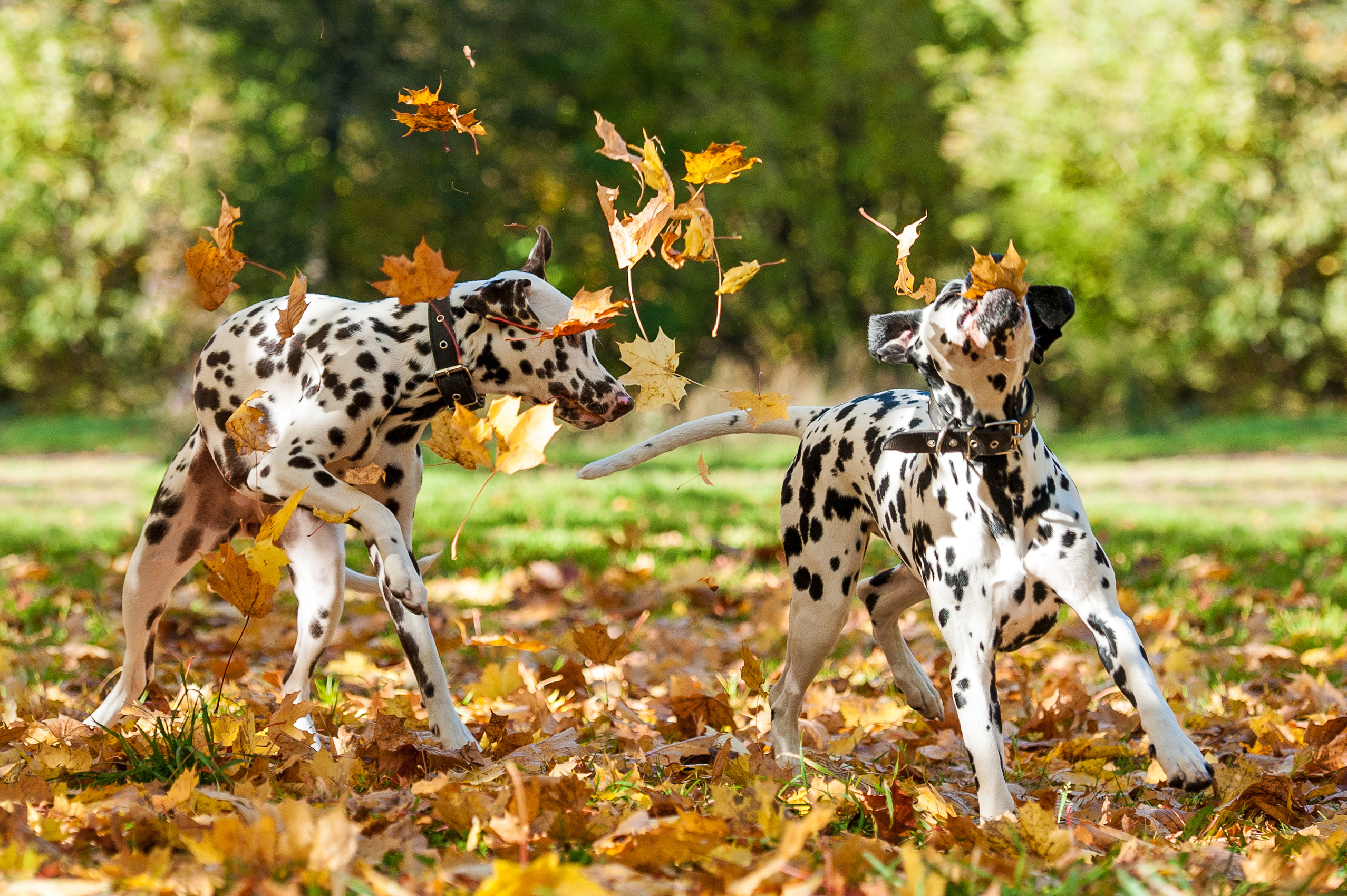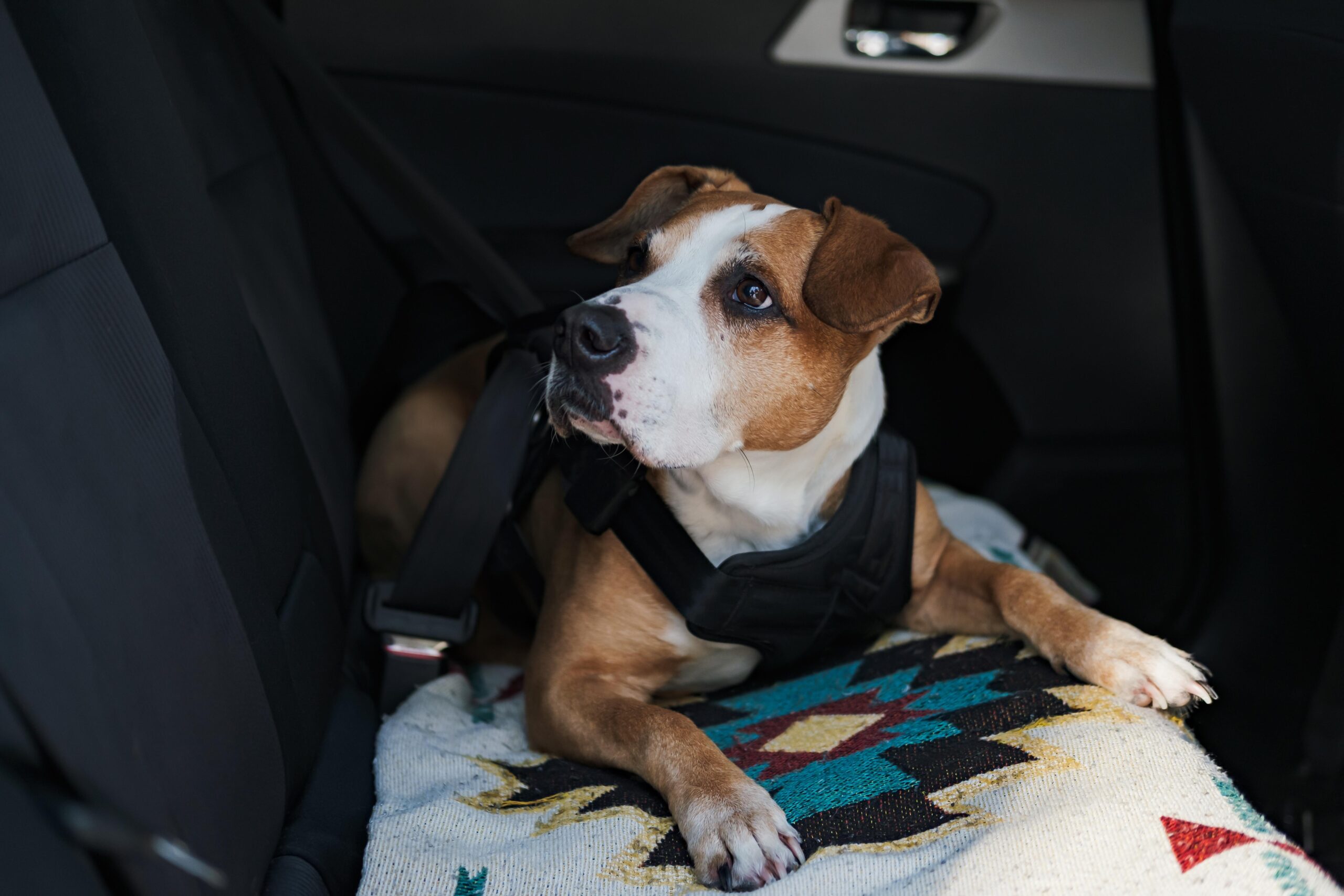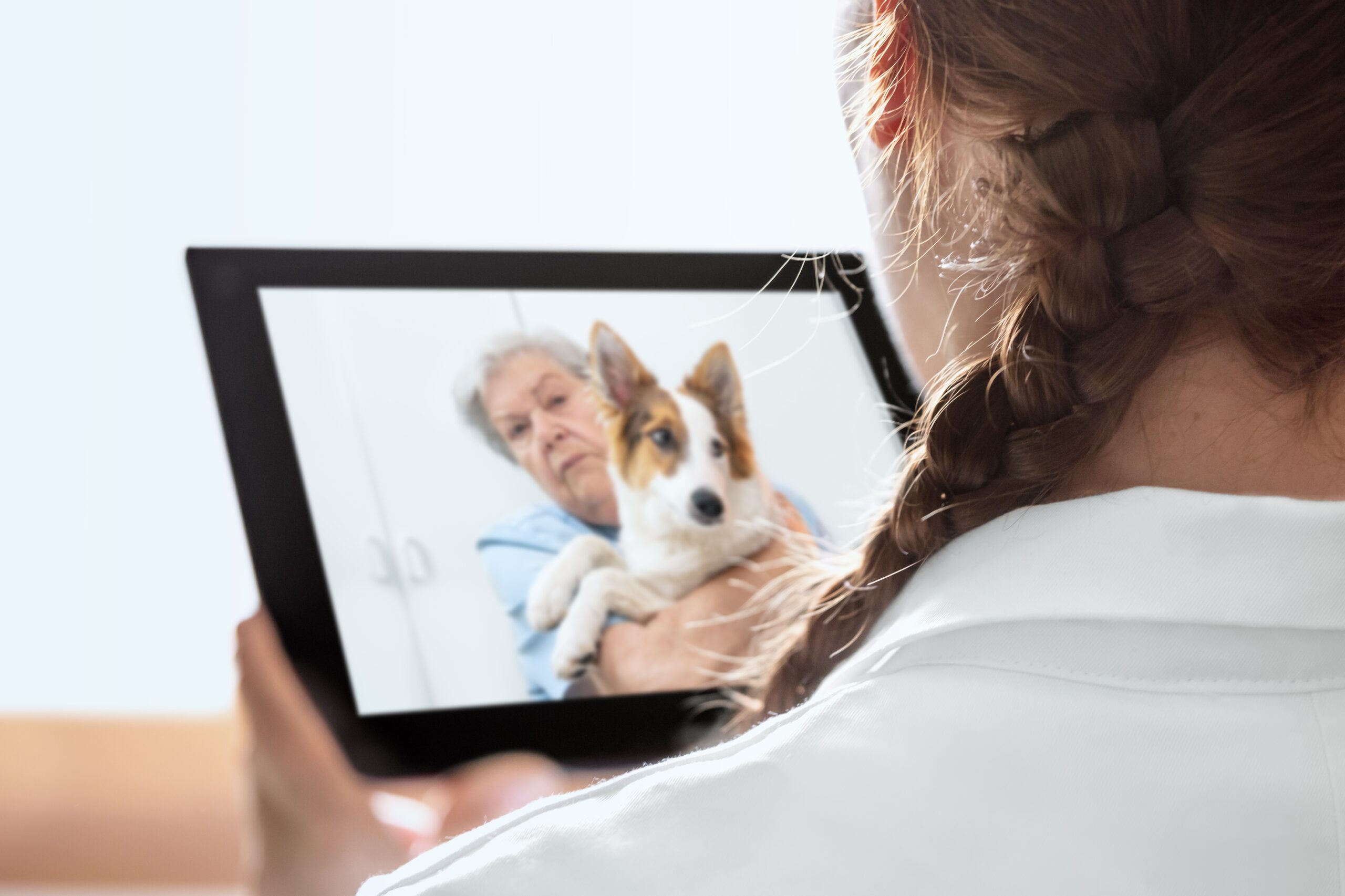Garden Toxins for Pets
As the weather gets warmer and we start to spend more time in the garden. Did you realise there are several garden toxins to avoid?
Our pets are curious creatures and will often sniff, chew and ingest plants which could be extremely dangerous to them. Sometimes it’s just the flowers or pollen which are poisonous or sometimes it can be the bulbs or leaves.
Lilies
These are extremely toxic to cats. All parts of the plant are poisonous and can lead to serious kidney problems. Even the water from a vase of lilies can contain toxins. This is something to be mindful of, for those cats that like alternative water sources to drink from.
Spring bulbs
Spring bulbs including Daffodils, Tulips, Iris, Hyacinth, Bluebells and Crocus are very toxic to dogs. It is important to keep them out of reach. Also ensure that they also cannot be dug up once planted. The flowers can also be harmful. Symptoms can include gastrointestinal upsets, fits, lethargy or breathing difficulties.
Ivy
This can cause gastrointestinal upsets if ingested. It cans also cause skin irritation and rashes if the sap gets in contact with your pet’s skin. Giant Hogweed is a plant present all year round. It contains a toxin in the sap. When the stem is broken the sap is released. This can cause nasty skin blisters, usually seen around the face or where there isn’t so much fur. It can also cause problems if it gets into your pets eyes or is ingested.
Other Toxic Plants
Other common plants to avoid due to garden toxins are Azalea, Geranium, Holly, Horse Chestnut, Hydrangea, Ivy, Laurel, Garlic plants, Grapevines, Ragwort, Rhubarb, Yew and many others.
Many types of fungi and mushrooms out in the wild can also be extremely dangerous if ingested and in some cases can lead to organ failure.
Certain types of compost may contain fertiliser or bacteria and large piles of leaves and compost heaps can contain harmful moulds so make sure these are kept away from harms reach.
There are also several plants that are toxic to our pet rabbits. The bulbed plants mentioned previously are also to be avoided, as well as Buttercups, Foxgloves, Primroses, Poppy, Holly and Yew. Please keep you outdoor bunnies away from these plants.
If you are ever concerned your pet has ingested or been in contact with something that could be toxic, even if you are unsure, please always seek Veterinary advice immediately. Time is often critical in these scenarios.
